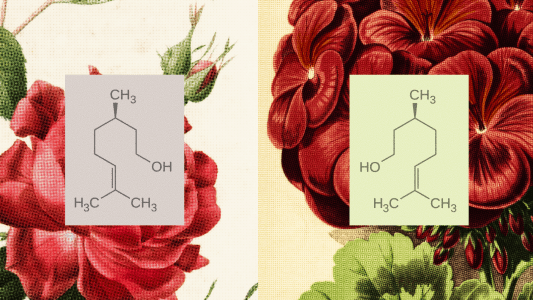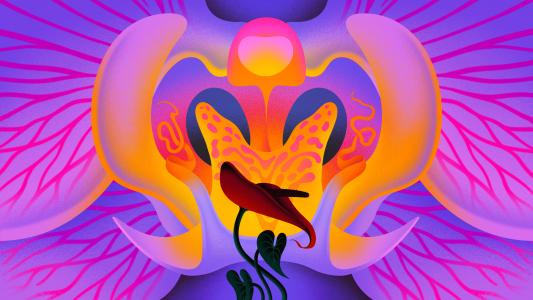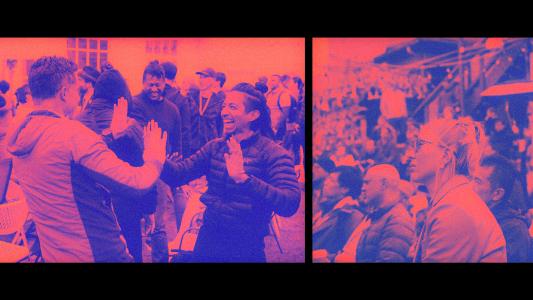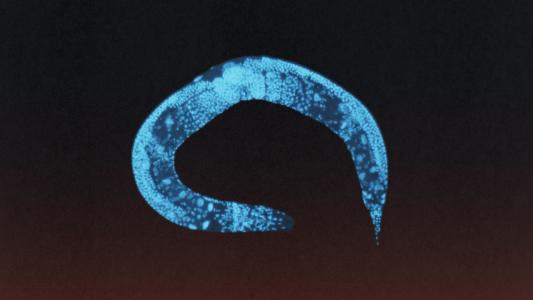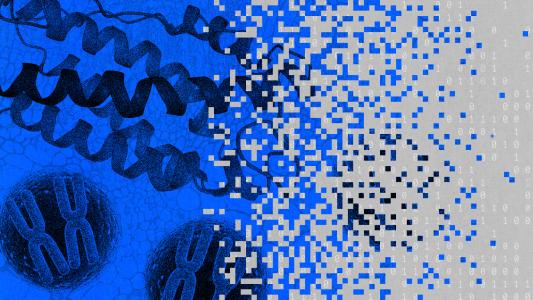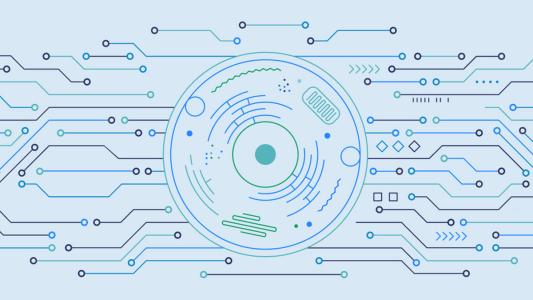Biology
The left–right twist that could rewrite tech
Scientists are harnessing chirality — the left- and right-handedness of molecules — to build better batteries, sharper displays, and more.
Why tomorrow’s longevity treatments could be divided by sex
Why women consistently outlive men is a mystery — and it may influence the future of longevity medicine.
The longevity movement is growing — but it needs to go global
Progress in longevity is real, but experts say the field needs government funding, policy reform, and public buy-in to reach its potential.
Experts weigh in on popular “anti-aging” treatments: real or scam?
Experts cut through longevity hype, debunking supplements, IV drips, and cold plunges while pointing to what actually works.
Ancient Olympians wouldn’t qualify for today’s Games
Across history, the human body has been reshaped by discipline, medicine, and now technology — each era redefining peak performance.
We purged worms from our bodies — and may have made ourselves sick
Biotech labs are mining worm chemistry to design medicines that calm the immune system without the risks of live infection.
From cryonics to aging: How AI is transforming human health
From curing rare diseases to extending lifespans, four biotech founders share how AI is rewriting the future of medicine.
What if humans mastered every aspect of nature?
A bold vision of a 10x better future where humanity has mastered biology, energy, and matter to unlock unprecedented progress.
AI’s next frontier: Modeling life itself
Biologists are skipping the petri dish and using AI-powered virtual cells to experiment in silico.
This conservationist is trying to bring extinct species back to life
Ryan Phelan, co-founder of Revive & Restore, talks about the future of conservation at Freethink's Great Progression event.
